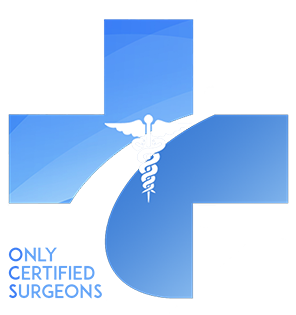There are several recent advances in the treatment of cardiovascular diseases that are promising. Here are some examples:
Gene therapy.
Gene therapy is being investigated as a possible way to treat cardiovascular disease, especially coronary artery disease. The idea is to insert genes that can help reduce arterial blockage and improve heart function.
Cell therapy.
Cell therapy is another promising strategy for the treatment of cardiovascular disease. It involves introducing healthy cells into the heart to replace damaged cells and restore cardiac function.
Stem cell therapy.
Stem cell therapy is also being investigated as a way to repair the damaged heart. Stem cells can be converted into heart cells and injected into the heart to repair damaged tissue.
New drugs.
Several new drugs have been developed for the treatment of cardiovascular disease. These include drugs that lower cholesterol and triglycerides, as well as drugs that improve heart function.
Medical devices.
There are also medical devices being developed to treat cardiovascular disease. These include devices that can help keep blocked arteries open and devices that can help improve heart function.
New anticoagulants.
Anticoagulant drugs have long been used to prevent blood clots and reduce the risk of strokes and heart attacks. In recent years, new anticoagulant drugs have been developed that are more effective and safer than the old ones.
Ventricular Assist Devices.
Ventricular assist devices are mechanical devices used to help the heart pump blood in patients with advanced heart failure. In recent years, smaller and more efficient devices have been developed that can be implanted less invasively and can prolong the lives of heart failure patients.
Minimally invasive cardiac surgery.
Minimally invasive cardiac surgery is a surgical technique used to treat heart disease without the need for an open incision in the chest. In recent years, more advanced surgical techniques have been developed that allow complex cardiac procedures to be performed with smaller, less invasive incisions.
Monitoring technologies.
Monitoring and tracking devices have been developed for patients with cardiovascular disease, allowing more accurate monitoring of their health status and early detection of possible complications.
Artificial intelligence.
Artificial intelligence is increasingly being used in the diagnosis and treatment of cardiovascular diseases, allowing more personalized and precise care for each patient.
These advances have significantly improved the prevention, diagnosis and treatment of cardiovascular diseases, leading to a decrease in mortality rates and an improvement in patients’ quality of life.
However, it is important to note that many of these advances are still under development, so there is still much work to be done before they can be fully implemented in clinical practice.





